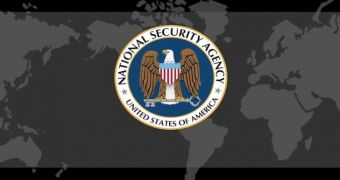For months now, the US government has been trying to defend the NSA mass surveillance programs by making various statements that proved to be false.
On one hand, they claimed the NSA didn’t even spy on US citizens, since that would be unconstitutional. According to leaked documents, this information proved to be false and that data indeed is collected from US users as much as from those from any other country of the world.
Another thing officials keep saying when it comes to the surveillance is that the NSA doesn’t actually collect phonecalls and emails, but their metadata, New York Times reports.
This is even worse, a computer science professor says. Edward W. Felten, director of Princeton’s Center for Information, doesn’t think metadata collection should be discredited since it gives the authorities power to find out a lot of details about citizens.
“Calling patterns can reveal when we are awake and asleep; our religion, if a person regularly makes no calls on the Sabbath or makes a large number of calls on Christmas day; our working habits and our social aptitude; the number of friends we have, and even our civil and political affiliations,” Felten wrote in a legal brief filed recently.
He also states that sophisticated data analysis, involving the use of software that can trace chains of social connections to analyze data, can make metadata even more revealing than the contents of a call.
The brief comes in response to the American Civil Liberties Union case that was filed on Monday in which the sweeping data gathering violates the Constitution and should be stopped at once.
The papers filed make reference to the George Orwell dystopian novel that has been mentioned quite often over the past several months, namely “1984.”

 14 DAY TRIAL //
14 DAY TRIAL //